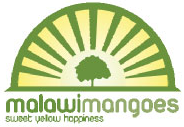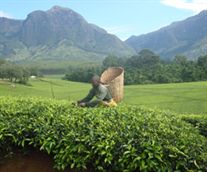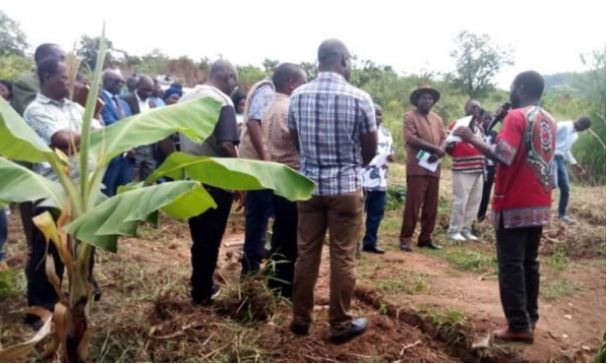President Joyce Banda on Thursday visited Malawi Mangoes Limited, a company geared at producing mango and banana pulp for the European export market.
The company which has a factory in Salima was launched in November 2011 and has already invested about $10 million (K4 billion) in agriculture, factory development, processing machinery and irrigation equipment.
The project has already seen 200 people getting full-time employment. Apart from that, the company has been regularly employing in excess of 500 people on a temporary basis as they develop Matumba Farm.
President Banda reiterated that the Agriculture sector remains key in the creation of jobs and wealth in the country.
The President said she was impressed with what she saw saying it was evidence enough that the agriculture sector remains an area with high potential in job and wealth creation.
“I am happy that you are doing a good job that will have impact on the welfare of Malawians as some will get jobs while others will sell their bananas and mangoes to you,” said Banda.
She said her government would continue encouraging people to venture into agriculture until many Malawians begin practicing agriculture as a business.
Malawi Mangoes co-founder, Jonathan Jacobs indicated that taking advantage of the Green Belt Initiative and said ot was expected to roll out in December 2012, but did not due to “some technicalities”.
It is now expected to be in operation in August 2013.
In addition to the significant employment and substantial forex generation, Jacobs observed that the success of Malawi Mangoes will send a clear message to international investors and multinational corporations, that Malawi is a good place to invest in.
This, he said, will drive essential Foreign Direct Investments (FDI) that is currently flowing into Malawi’s neighbouring countries and helping the desperately needed diversification of the economy away from an over-reliance on tobacco.
Malawi Mangoes will be the first large-scale fruit processor in Malawi, and become one of the largest in sub-Saharan Africa.





No comments! Be the first commenter?